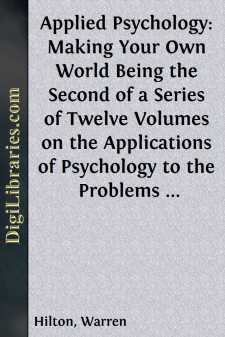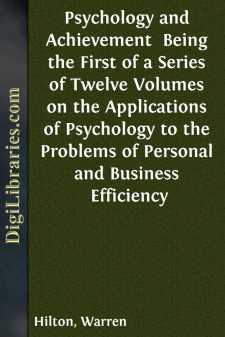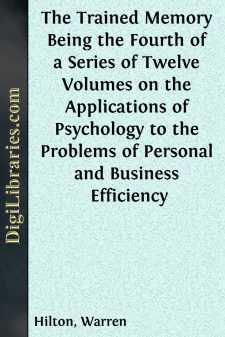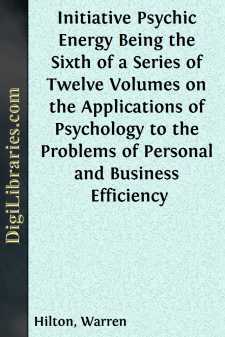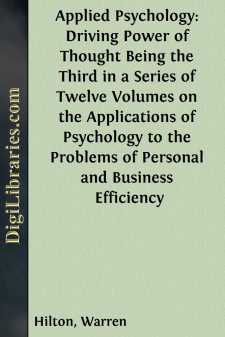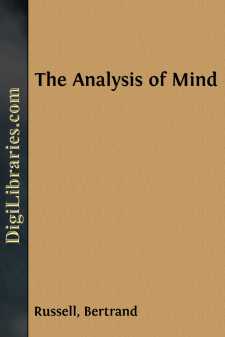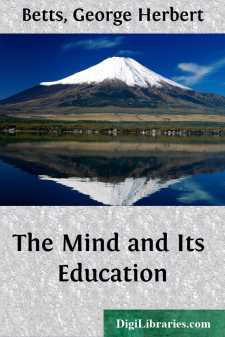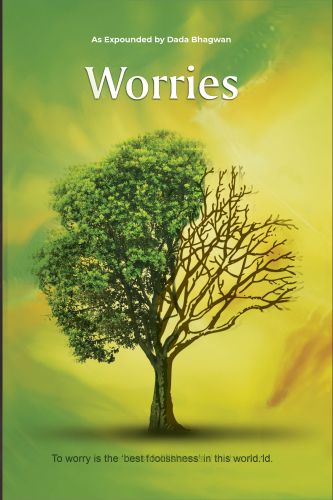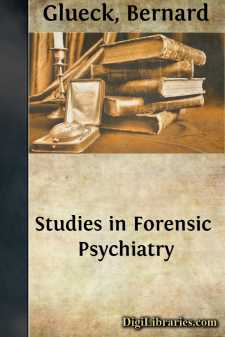Categories
- Antiques & Collectibles 13
- Architecture 36
- Art 48
- Bibles 22
- Biography & Autobiography 813
- Body, Mind & Spirit 142
- Business & Economics 28
- Children's Books 14
- Children's Fiction 11
- Computers 4
- Cooking 94
- Crafts & Hobbies 4
- Drama 346
- Education 46
- Family & Relationships 57
- Fiction 11829
- Games 19
- Gardening 17
- Health & Fitness 34
- History 1377
- House & Home 1
- Humor 147
- Juvenile Fiction 1873
- Juvenile Nonfiction 202
- Language Arts & Disciplines 88
- Law 16
- Literary Collections 686
- Literary Criticism 179
- Mathematics 13
- Medical 41
- Music 40
- Nature 179
- Non-Classifiable 1768
- Performing Arts 7
- Periodicals 1453
- Philosophy 64
- Photography 2
- Poetry 896
- Political Science 203
- Psychology 42
- Reference 154
- Religion 513
- Science 126
- Self-Help 84
- Social Science 81
- Sports & Recreation 34
- Study Aids 3
- Technology & Engineering 59
- Transportation 23
- Travel 463
- True Crime 29
Applied Psychology: Making Your Own World Being the Second of a Series of Twelve Volumes on the Applications of Psychology to the Problems of Personal and Business Efficiency
by: Warren Hilton
Categories:
Description:
Excerpt
Chapter I
THE TWO FUNDAMENTAL PROCESSES OF MINDMind as a Means to AchievementIn the preceding book, "Psychology and Achievement," we established the truth of two propositions:
I. All human achievement comes about through bodily activity.
II. All bodily activity is caused, controlled and directed by the mind.
To these two fundamental propositions we now append a third, which needs no proof, but follows as a natural and logical conclusion from the other two:
III. The Mind is the instrument you must employ for the accomplishment of any purpose.
Three Postulates for this CourseWith these three fundamental propositions as postulates, it will be the end and aim of this Course of Reading to develop plain, simple and specific methods and directions for the most efficient use of the mind in the attainment of practical ends.
To comprehend these mental methods and to make use of them in business affairs you must thoroughly understand the two fundamental processes of the mind.
These two fundamental processes are the Sense-Perceptive Process and the Judicial Process.
The Sense-Perceptive Process is the process by which knowledge is acquired through the senses. Knowledge is the result of experience and all human experience is made up of sense-perceptions.
Experience and AbstractionsThe Judicial Process is the reasoning and reflective process. It is the purely "intellectual" type of mental operation. It deals wholly in abstractions. Abstractions are constructed out of past experiences.
Consequently, the Sense-Perceptive Process furnishes the raw material, sense-perceptions or experience, for the machinery of the Judicial Process to work with.
Primary Mental OperationsIn this book we shall give you a clear idea of the Sense-Perceptive Process and show you some of the ways in which an understanding of this process will be useful to you in everyday affairs. The succeeding book will explain the Judicial Process.
[Pg 7]SENSATIONS AND OUR PERCEPTION OF THEM[Pg 8]SENSATIONS AND OUR PERCEPTION OF THEMMind's Source of SuppliesWhatever you know or think you know, of the external world comes to you through some one of your five primary senses, sight, hearing, touch, taste and smell, or some one of the secondary senses, such as the muscular sense and the sense of heat and cold.
The impressions you receive in this way may be true or they may be false. They may constitute absolute knowledge or they may be merely mistaken impressions. Yet, such as they are, they constitute all the information you have or can have concerning the world about you.
Does Matter Exist?Philosophers have been wrangling for some thousands of years as to whether we have any real and absolute knowledge, as to whether matter actually does or does not exist, as to the reliability or unreliability of the impressions we receive through the senses. But there is one thing that all scientific men are agreed upon, and that is that such knowledge as we do possess comes to us by way of perception through the organs of sense....


